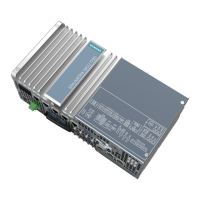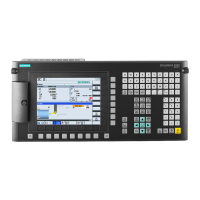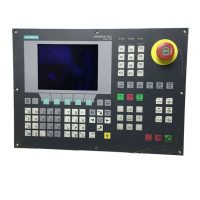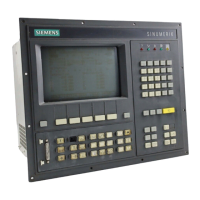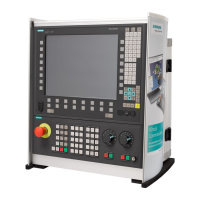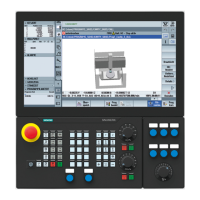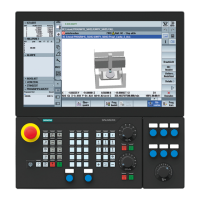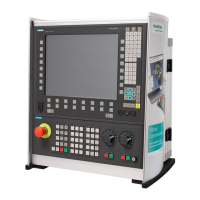Glossary
Station control system
282 System Manual, 07/2009, C79000-G8976-C178-07
has no stored data messages, it responds with an acknowledgment message and the polling
cycle then continues by polling the next station.
A station that has stored data sends a single data message or, if block transfer was
configured, several messages in a block. In the reply, the station indicates whether it still has
other stored data messages. In this is the case, the station is then polled again immediately
until all stored messages have been transmitted or until a selected maximum number of
messages have been sent. The polling cycle then moves on to the next station.
Polling mode
→
Polling
Polling with time slots
The polling with time slots mode is used in a wireless network in which the use of the radio
frequency assigned by the registration authorities must be shared with other users. Each
user typically has 6 seconds per minute to exchange data with its stations. The frequency
must then be released for other operators. During the allocated time slot, this pooling variant
functions like a normal polling system.
PROFIBUS
PROFIBUS is the open, internationally standardized (EN50170) bus system for process and
field communication with field devices and for data communication within an automation cell.
The uses of PROFIBUS range from production and process automation to building
automation.
Protocol
A protocol is a set of rules for controlled transfer of data. Protocols, for example, specify the
data structure, the structure of data packets and the coding. Protocols can also specify a
control mechanisms and hardware and software requirements.
Requested message
Polled messages are data messages of a station or node TIM with a special identifier
indicating that they were sent in response to a general request from the master station.
RJ-12
This describes a 6-pin connecting cable with a standardized modular (Western) connector.
RJ-45
This describes a 8-pin connecting cable with a standardized modular (Western) connector.
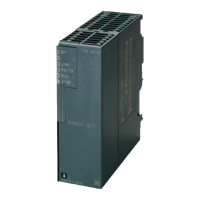
